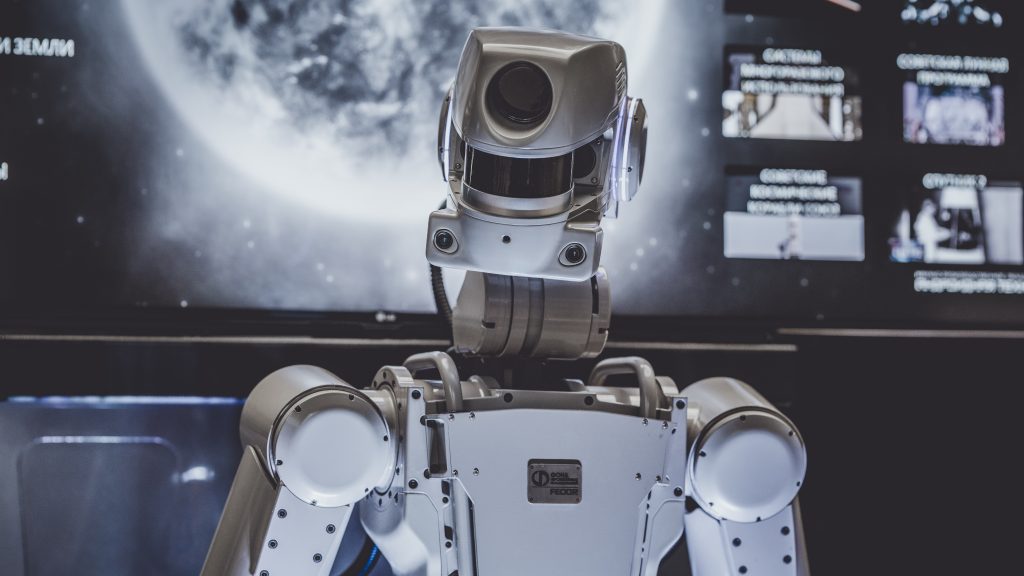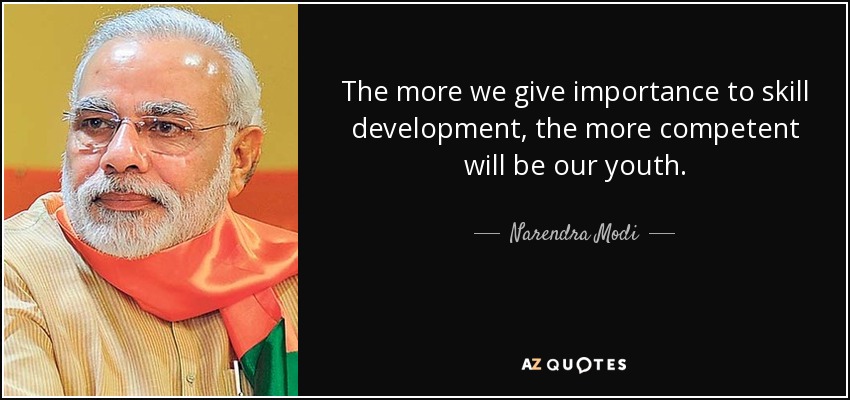Top 5 Valuable Soft Skills 2020:

In this article I would like to share with you some of the most valuable soft skills to develop during this quiet time.
As we have all witnessed in recent months, the world is experiencing an era of rapid change in the labour market due to C19.
Since lockdown periods in March 2020, companies around the world and across most sectors were forced to quickly adapt in a ‘sink or swim’ situation.
This resulted in many businesses taking part in a move to bring much of their workforce online as they attempted to survive during a heavily disruptive period.
Most of the jobs will be disappear in the near future
Rapid advancements in the fields of technology has changed the way we create or invent things.
For example, artificial intelligence (AI), robotics, blockchain, machine learning, biotechnology, nanotechnology and 3D printing, is set to dramatically change the characteristics of the future of the jobs market.
By 2025, five million jobs will be wiped out according to The Forum’s Future of Jobs report (add link to report).
However, it’s not all doom and gloom, as many economists are predicting some sectors and jobs will be in high demand.
So how can we tell today what will prosper tomorrow?

What jobs will be recession proof, thrive on business becoming more agile and where do you start when looking for a positive and secure career path?
How to future-proof your career?
While many of today’s occupations will continue to be a part of the future, some will transform into something entirely new or disappear altogether. Students who specialise in areas of science, technology, engineering and mathematics (STEM) are well positioned to excel in the future world of work.
The demand for ‘soft skills’ is one of the most important trends to be developed as automation becomes more widespread globally.
So here are the Top 5 Valuable Soft Skills that are virtually impossible to automate, which means if you have these skills you’ll be even more valuable to organisations in the future, as well as benefit from job security.

1. EQ + Focus
EQ stands for Emotional Quotient, or it can also be called Emotional Intelligence. EQ is recognised by many psychologists as more important than IQ for the success or failure in life and career.
Emotional intelligence is the ability to recognise your emotions, understand what they’re telling you, and realise how your emotions affect people around you.
Emotional intelligence also involves your perception of others; understanding how others feel allows you to manage relationships more effectively. This skill is highly valuable in the ever changing world for leadership roles.

There are 5 key components of Emotional Intelligence:
- Self-Awareness – the ability to recognise your moods, emotions and drives. As well as their effect on others.
- Self-Regulation – the ability to control and redirect disruptive impulses and emotions.
- Motivation – the ability to defer immediate results for long-term success, a passion to work for reasons that go beyond money or status.
- Empathy – the ability to identify with and understand the wants, needs, and viewpoints of those around you.
- Social Skills – the ability to communicate effectively with others, proficiency in managing relationships and building networks.
The ability of being able to stay focused on getting results and being overwhelmed when busy at work is also a high demand skill in this digital age. We get so distracted with our smartphones and social media, getting used to instant gratification and addicted to the chemical Dopamine.
2. Adaptation / Flexibility / Agility
To perform or function in today’s ever-changing environments, you yourself need to be a master of change in itself.
Don’t be afraid of it. Expect it, welcome it, stay two steps ahead, anticipate the change and what it will bring before it happens and lead others into change situations confidentially and proactively. Changing circumstances demands that an individual possess this essential skill of adaptability and flexibility.

Adaptability can be defined as creating modifications or changes in oneself to adapt or suit the new environment.
People who are more flexible in any circumstances they face in the rapid changing world are becoming increasingly important as organisations look to add additional value to their business.
For a work environment culture, it connotes being opened to new ideas, innovations, or alterations. Someone with this skill can work independently or in groups, or perform tasks not designed only for a single individual.
Employers are buying into flexible job descriptions and rotation of roles, as against single positions. Adaptability is a sought-after competency as it shows the individual can adapt to new technology trends and ever-changing customer needs.
Flexible individuals can be accessed easily as they are always ready to receive and implement changes. They are not rigid in accepting the views.
Possessing workplace flexibility skills permits for pushing through the unimaginable.
Being able to work from home, agreeing to a work contract with many variables, being quick to respond to unplanned events, etc., can mean you get a new job before someone who is locked-in to one type of work style, likes stability and routine and is afraid of change.
3. Critical Thinking Pattern

Employing a workforce of critical thinkers is essential for introducing fresh ideas, and innovative services and products. Critical thinking skills were ranked second and third on the World Economic Forum’s top skills employees will need to have in the fourth industrial revolution.
People who have critical thinking patterns are competent in devising solutions to problems as they have encountered diverse situations that have compelled them to take action for implementing changes within their system.
Not only this, they know where to turn to in case of any problem.
Without judgement, people are more opened to the uniqueness of views and opinions of others. To bring about necessary change, in order to correctly understand the significance of recognising the opinions of others. Acknowledgment is, therefore, the right attitude to get hired in any jobs in the future.
4. Creativity / Innovation
As artificial intelligence and automation in business evolve, creative and innovative skills will be increasingly needed to complement the capabilities of machines.
Andreas Pfeiffer, the lead author of the Adobe report, believes that creativity is profoundly human.
“While machines and technologies like AI can enhance human creativity and manage tedious tasks, they cannot replace a human’s creative spark,” he says.
While AI will take over smaller, repetitive and more time consuming tasks, allowing humans to spend more time on work they’re passionate about. Machines can’t easily replace a creative role or service that requires employees to think outside the box or try something that hasn’t been done yet.

5. People Management / Collaboration

If your job requires a lot of tasks that could be done by a robot, you might want to consider taking on a project that will teach you about management or leadership.
Managing a team of people is hugely different to managing your own individual work load or project objectives.
Today’s business landscape is about teamwork, communication and relationship building.
When gathering people with diverse backgrounds and perspectives in a high-pressure environment, conflict naturally arises.
Communication and negotiating skills in the workplace allow organisations to effectively and efficiently use their technical skills and knowledge without being hampered by interpersonal issues, infighting and poor public and market perceptions.
Compassion is an important aspect of good leadership for effective communication in the workplace that enhances interpersonal relationships, which are essential to maintaining workplace cohesion. Teams thrive when the members trust that their leader cares about them.
In the future, anything is possible.
If you can master the above top 5 most valuable soft skills during this quiet down time, you can be sure to come out of the crisis successfully, enabling you to navigate your new working environment, perform well and achieve your goals with complementing hard skills.
To find out where you are at your thinking pattern, head to this blog and test if you have the right mindset to turn this so-called ‘crisis” into opportunity?
